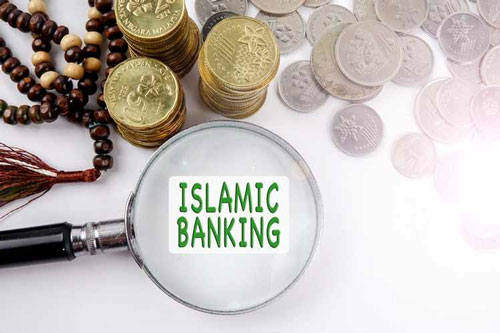Dubai
Islamic banks in Gulf Cooperation Council (GCC) states have a stable outlook for 2021 with a modest economic recovery expected, except for in Saudi Arabia, where fiscal and balance sheet concerns have been accelerated by Covid-19.
Fitch Ratings said there would be continued asset-quality and profitability pressures for Islamic banks across the GCC, but capital buffers and liquidity is expected to remain stable and adequate for the risks. However, the outlook is negative for Islamic banks in Saudi Arabia.
“The Negative Outlook on the Saudi sovereign and pressures on the Saudi operating environment result in Negative Outlooks on the Saudi Islamic banks,” said the Fitch report, which focuses on the 2021 outlook for GCC Islamic banks. “This reflects the continued weakening of the sovereign’s fiscal and external balance sheets, which has been accelerated by the coronavirus pandemic and lower oil prices despite the government’s strong commitment to fiscal consolidation.
“Fitch has Stable Outlooks on all other rated Islamic banks in the GCC. This mainly reflects stable sovereign ability to provide support to domestic Islamic banks.”
The ratings agency said GCC Islamic bank ratings are highly sensitive to sovereign pressures as potential sovereign support drives 88 percent of their long-term issuer default ratings, reflecting the strong record of sovereign support. —Zawya News










